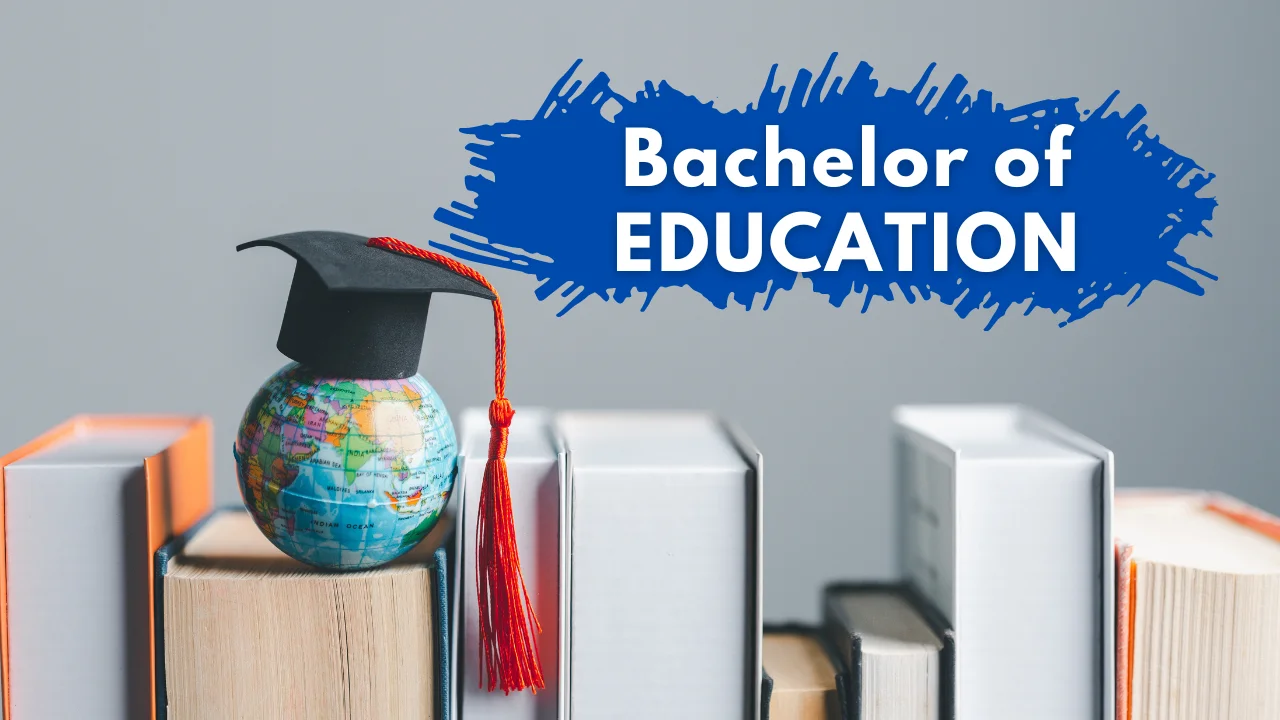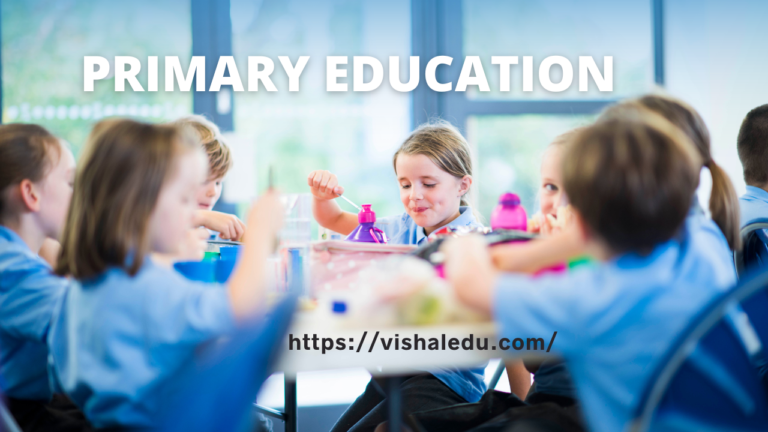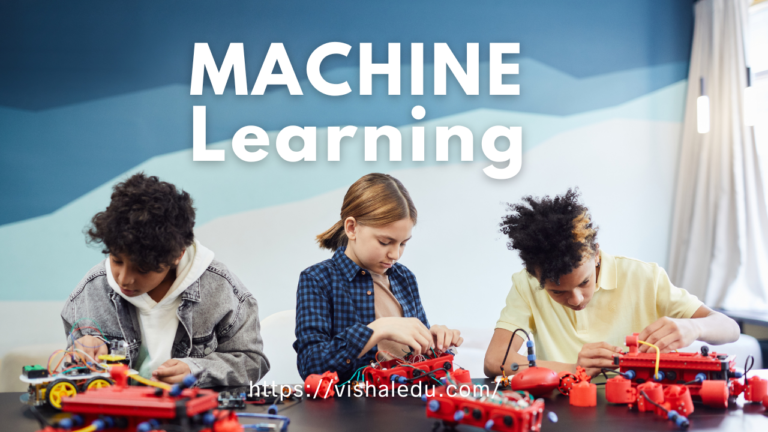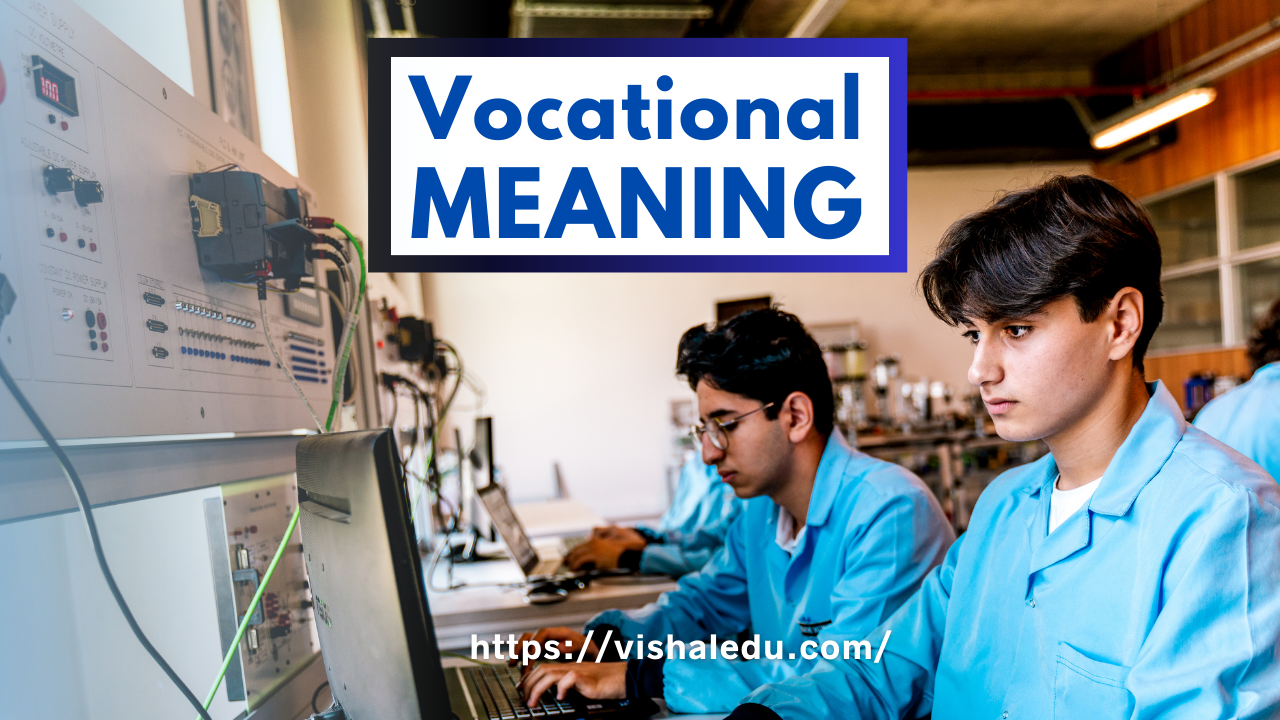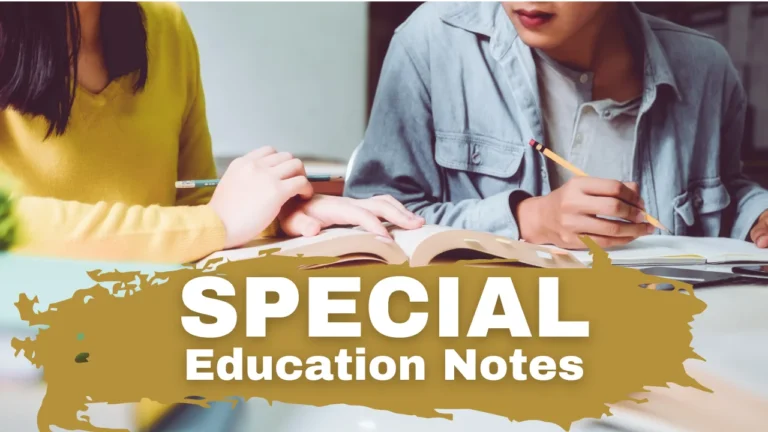Bachelor of Education: Degree for Future Educators
What is Bachelor of Education? An associate’s program that trains students for a profession in education is the Bachelor in Education (B.Ed.). Courses in educational learning theories, pedagogical practices, syllabus creation, classroom management, examination, and educational psychology are commonly included in the degree.
Pupils desiring a Bachelor in Education degree have the option of concentrating on certain grade levels, such as elementary, secondary, or special education, or they can choose to concentrate in particular areas like math, science, language arts, or social studies.
Scope of Bachelor of Education
It has very vast scope in the world like Bachelor of Arts. Students frequently participate in internships, practicums, or student teaching placements in schools throughout the program to get real-world teaching experience. They are able to apply the ideas and techniques they have acquired in the classroom to actual teaching scenarios thanks to these practical experiences.
Depending on the jurisdiction in which they plan to teach, graduates of a B.Ed. degree might need to complete certification or licensing tests. After earning their certification, individuals can work as teachers in community groups, educational consulting businesses, public or private schools, or other educational settings. Some key points are given below:
Courses of Bachelor of Education
A bachelor’s degree in education includes many different topics. In addition to understanding ethical standards, assessment and evaluation, special education, teaching methods, teaching methodologies, educational psychology, teaching strategies, curriculum creation, and student teaching, you’ll also get real-world experience.
Summary
Bachelor of Education; program that is designed to prepare the learners for their careers in the field of teaching. It is an undergraduate degree which covers educational theory, teaching methods, classroom management and subject specific content knowledge. B.Ed. programs offer specializations in different areas such as primary or elementary education, secondary education, special education and subject specific teaching that depends upon institution and country.
Hands on experience through internships in schools is the chief characteristics of this program that make the students licensed teachers in various educational settings. It develops effective teaching strategies, critical thinking and promotes inclusive and equitable learning environment. If you want to be a passionate educator and play important role in shaping the future by inspiring and educating the next generation then make a difference and join B.Ed.
It’s a thorough curriculum that gets you ready for a fulfilling career in teaching. It also covers special education, so you’ll be ready to help pupils with a range of needs. We’ll talk about assessments and evaluations to assist you determine how well your students are doing. Professional norms and ethics are also highlighted. Of course, student teaching will provide you with real-world experience.
Specializations in Bachelor of Education
Your job desires and preferences may determine the areas of expertise you can follow in a Bachelor of Education degree. Below are some popular subareas: TESOL (Teaching English to Speakers of Other Languages), Childhood Development Education, Primary education, Secondary Education, Special Education, and Physical Education.
Specializations empower you to concentrate on particular student demography, age groupings, or disciplines. One may select Early Education, for example, if they have a strong interest in teaching young children.
Secondary Education is a great choice if you’re interested in teaching a particular subject, like science or math. Achieving an expertise can help you become a more experienced and efficient educator by outfitting you with in-depth information and abilities in your field.
Purposes of Bachelor in Education Degree
The aim of a Bachelor of Education degree is to train you for becoming an intelligent and capable teacher. The program aims to provide you with the skills you need to successfully educate and empower students through a combination of theoretical courses and practical learning experiences.
You will gain knowledge in teaching approaches, assessment methods, classroom management, curriculum creation, and educational philosophies. Additionally, the curriculum emphasizes developing a thorough awareness of inclusive practices, diversity, and student development.
In the end, the intention is to provide you with the necessary tools to improve the lives of your future pupils and advance the area of education.

Career opportunities for B.Ed. degree holders
Numerous employment options in the field of teaching become available to you when you get a Bachelor of Education degree. Becoming a classroom teacher in an elementary or secondary school is the most popular professional route. A topic area or grade level might be your specialty depending on your preferences and degree of experience.
You might be offered employment as an educational superintendent, syllabus designer, instructional coordinator, educational consultant, or consultant in addition to teaching. Some graduates opt to work for government agencies, educational publishing businesses, or non-profit groups. In order to get deeper into academic study, you can also seek more education, such as a Master’s or Doctorate degree.
Practical Experience in B.Ed.
In a Bachelor of Education degree, practical experience is essential. It provides you the practical chances to put what you’ve learned at school into practice and acquire practical teaching abilities. Typically, your program will include a student teaching element in which you will regularly be with an experienced teacher in a classroom.
This enables you to watch and participate in course preparation, instruction, and classroom management. Additionally, with your mentor teacher’s help, you may be able to create and instruct your own classes. Gaining practical experience aids in the development of your teaching style, confidence, and ability to adjust to the changing dynamics of the classroom.
It’s an important component of the curriculum that gets you ready for the thrilling and fulfilling career of teaching.
Conclusion
To be concluded, Students enrolled in this degree program are prepared for the career of teaching. You will gain knowledge of various teaching techniques, curriculum creation, classroom management, and educational psychology during the program. The chance to acquire real-world experience through student teaching assignments will also be available to you. After completing graduation, you will be eligible to work as a teacher and positively influence the lives of kids.

